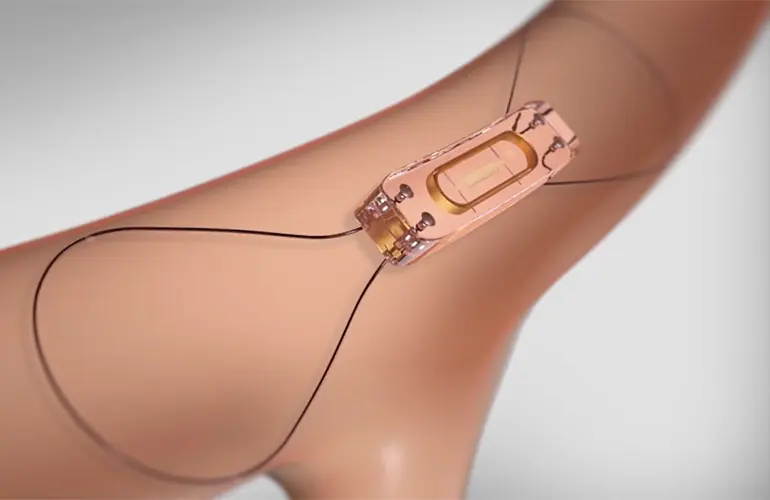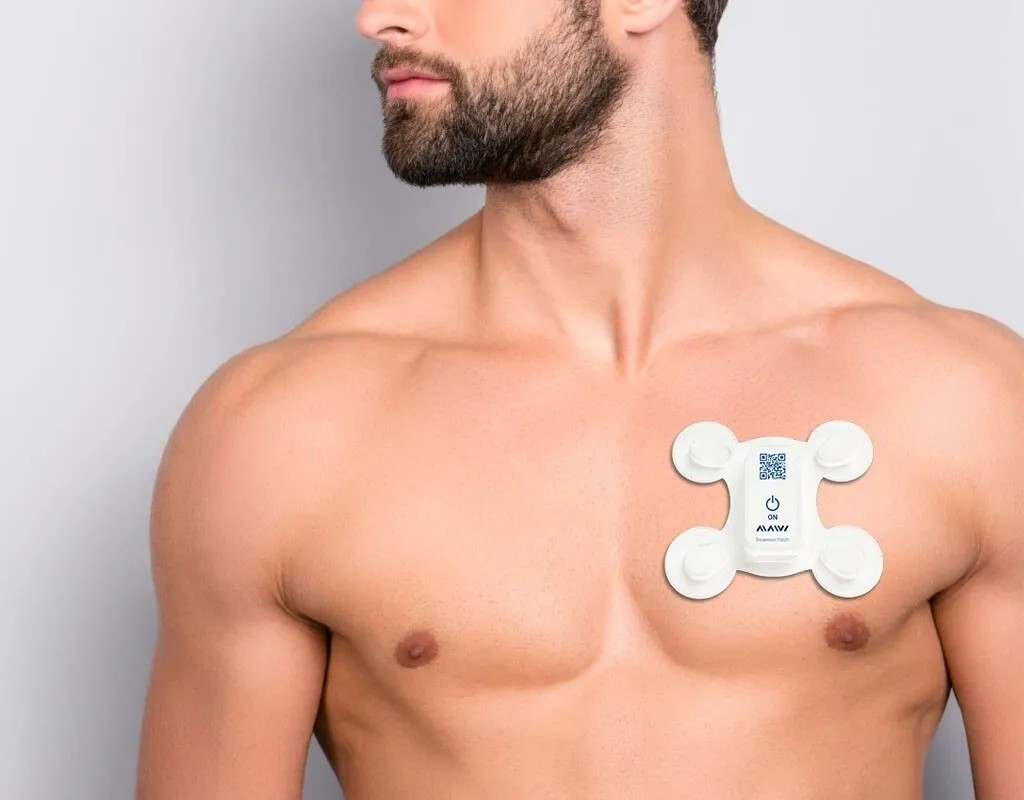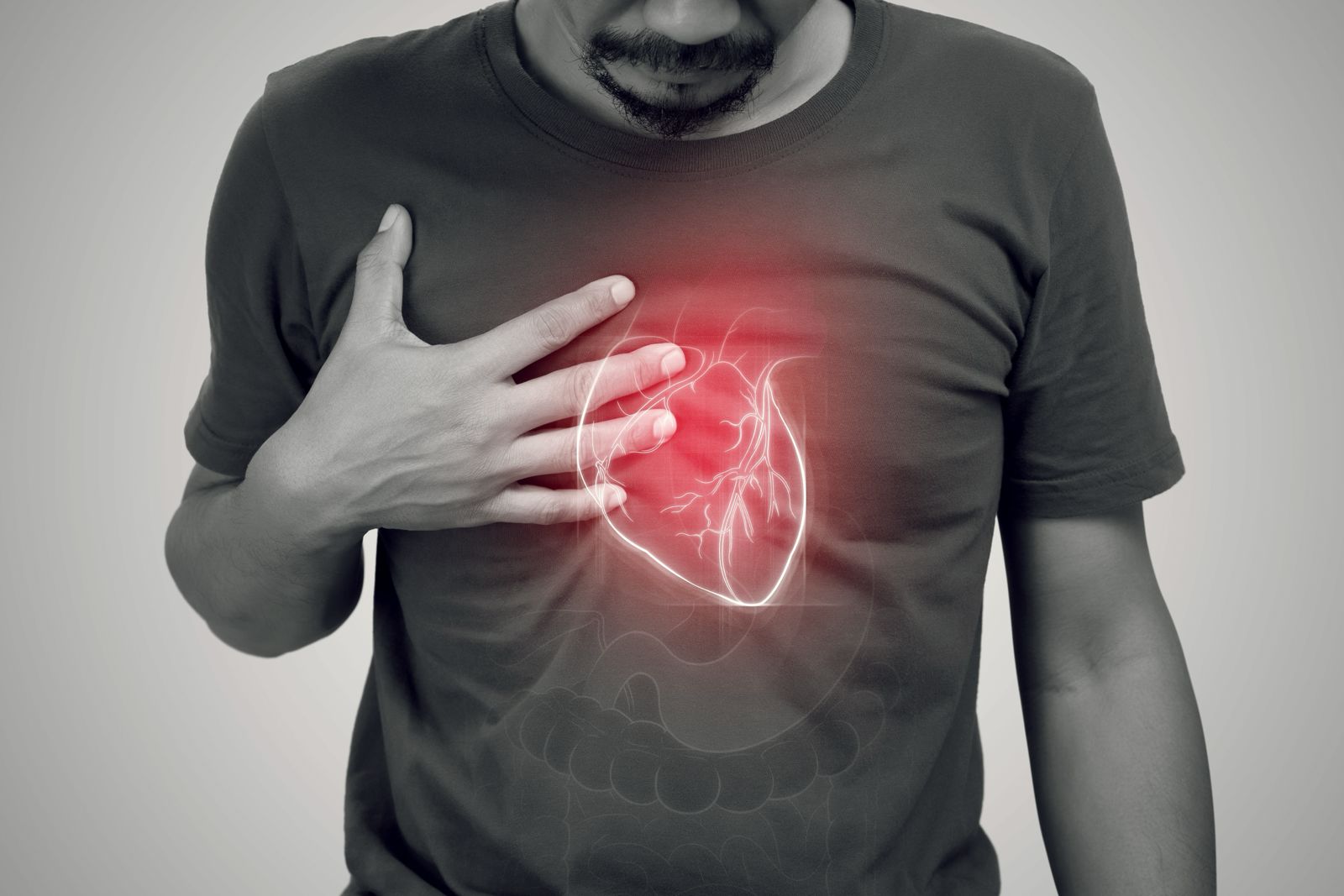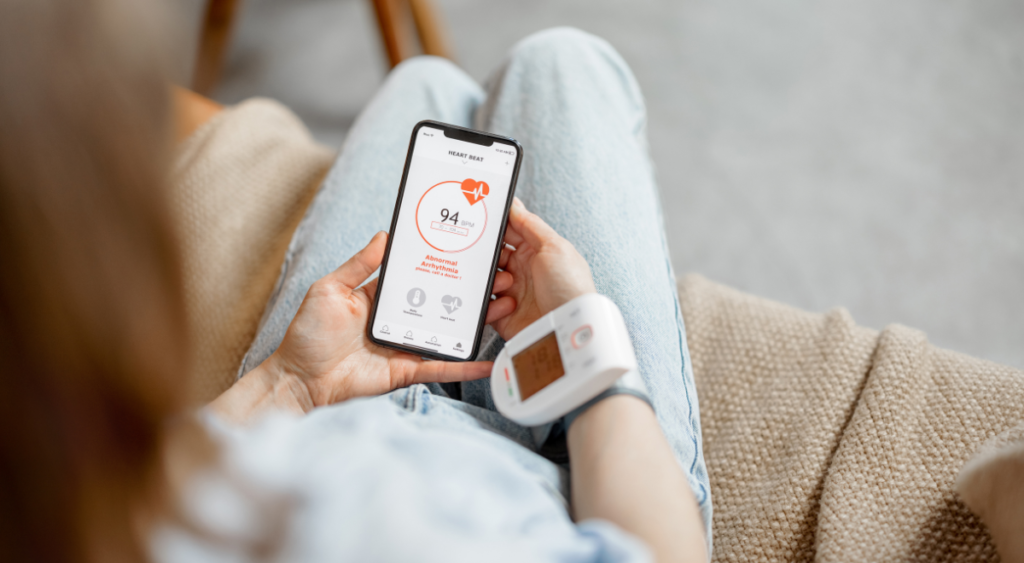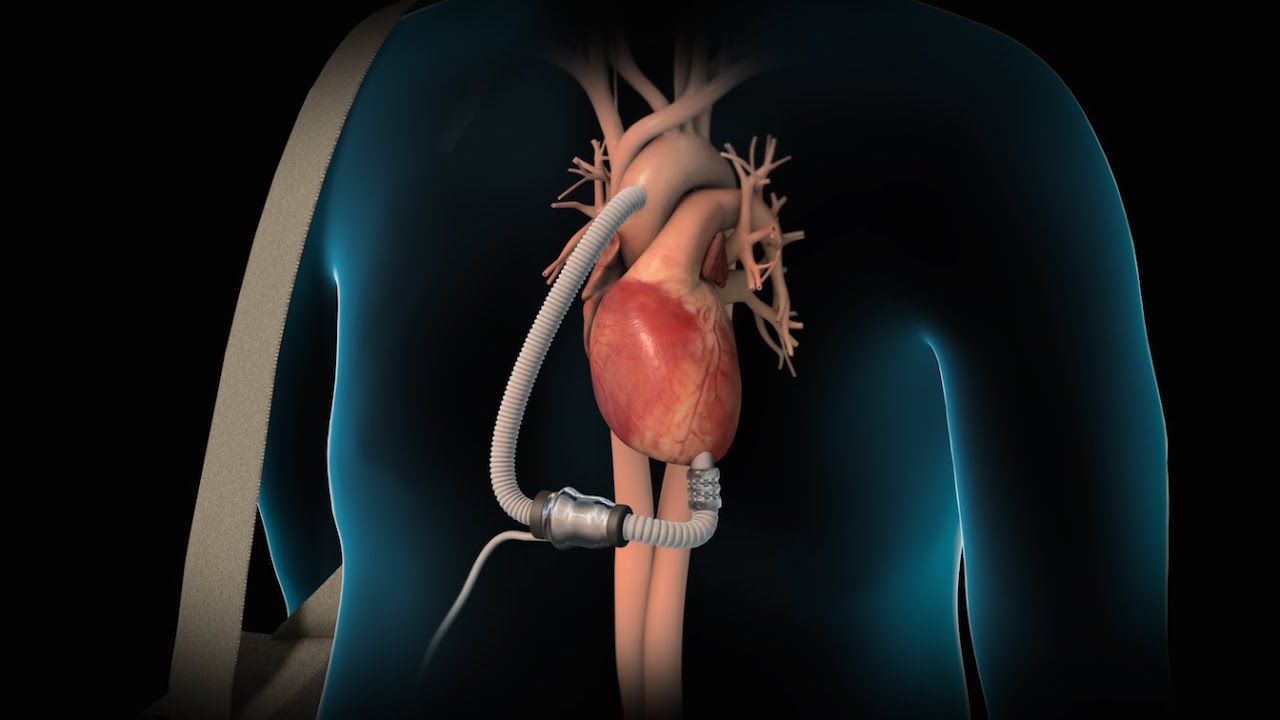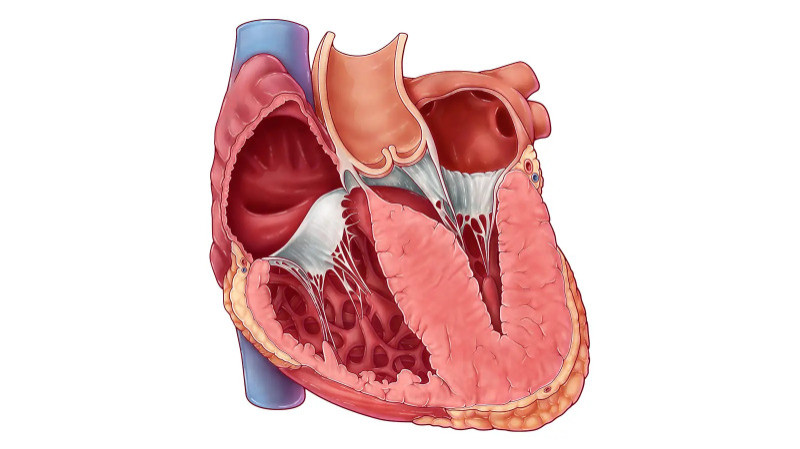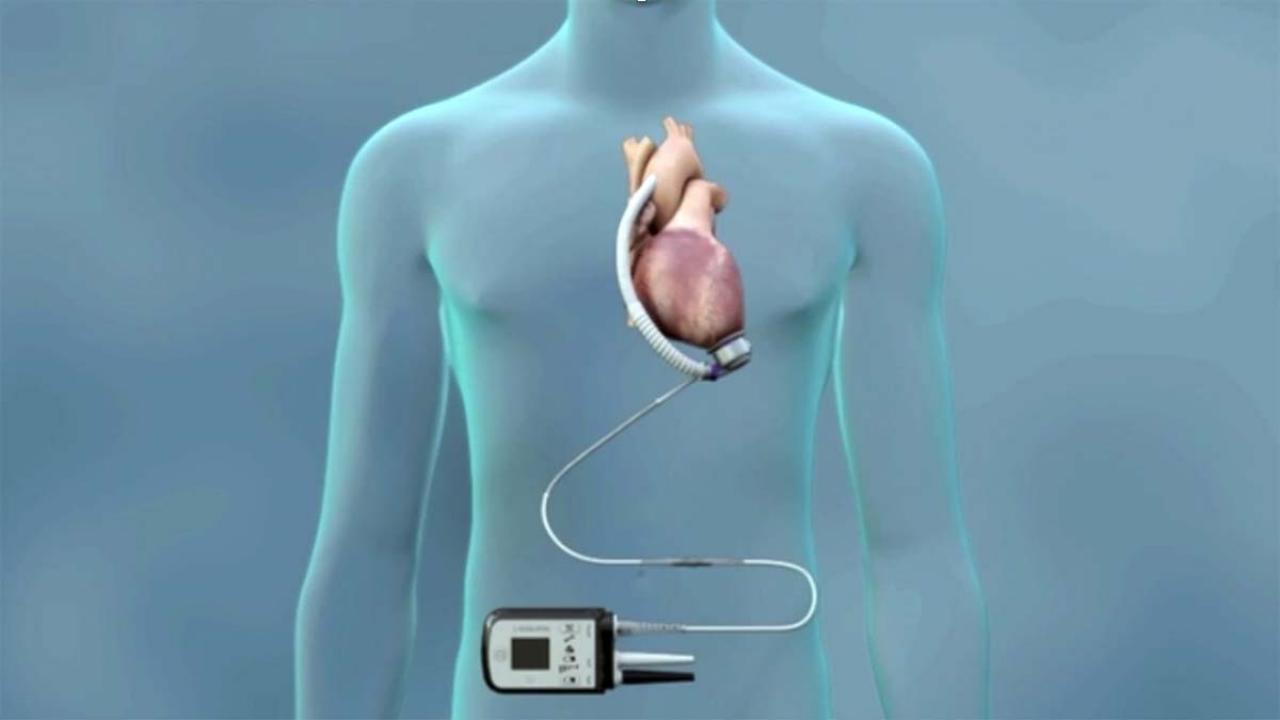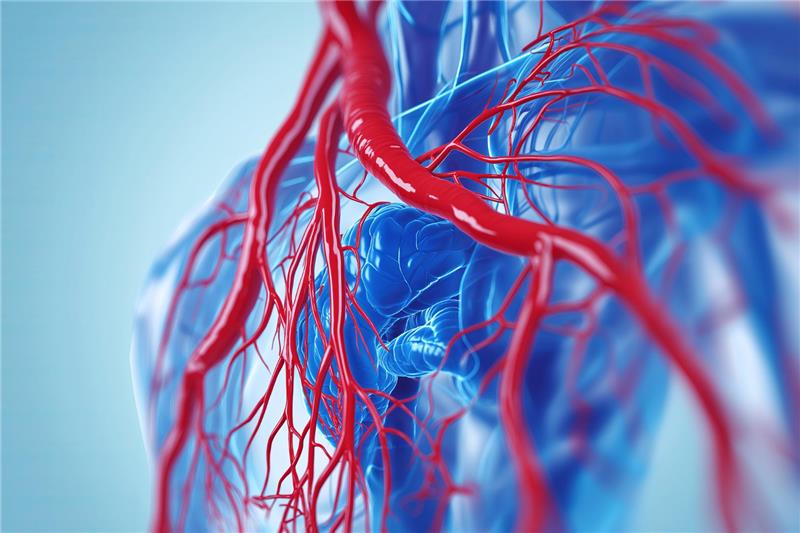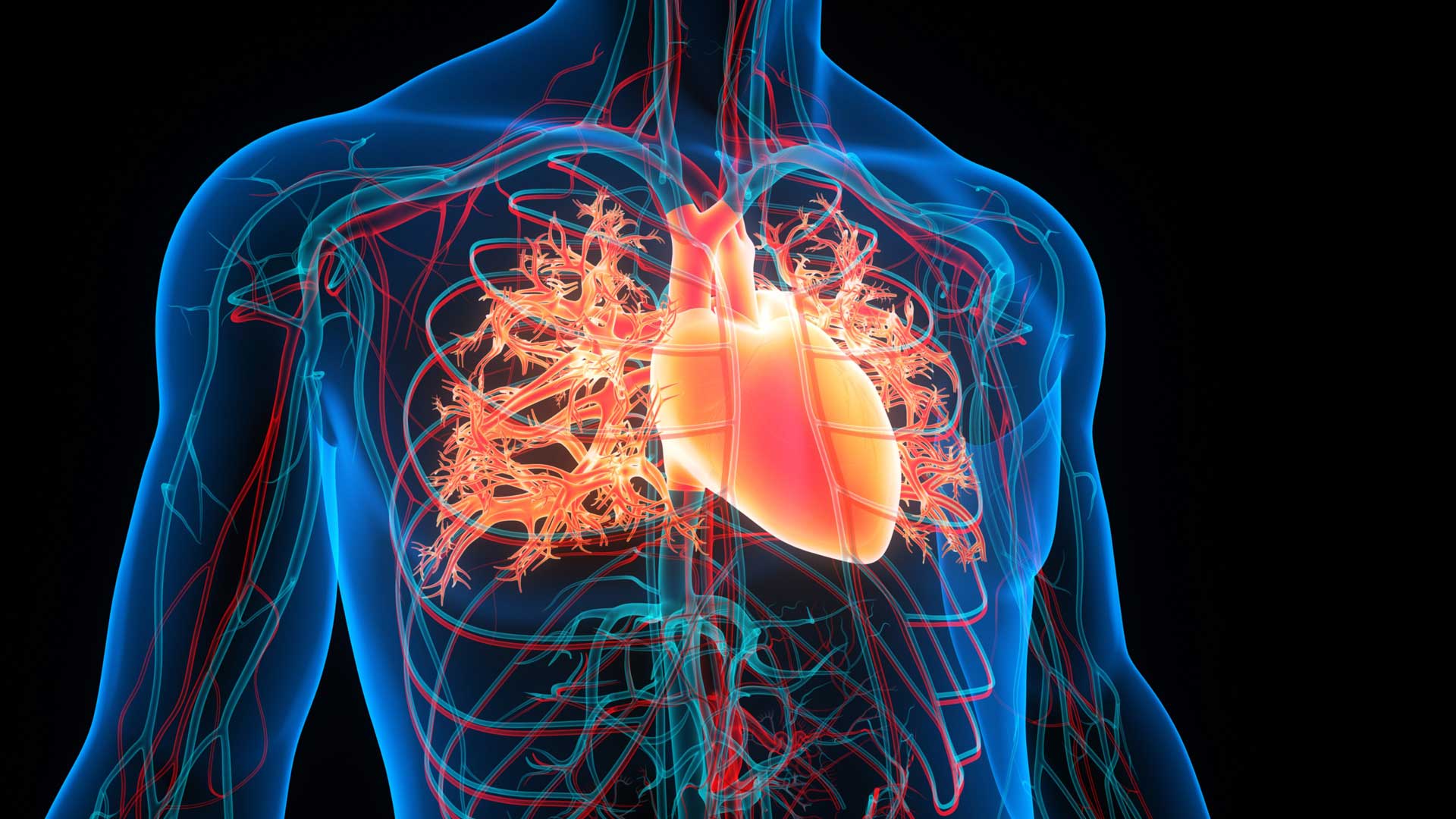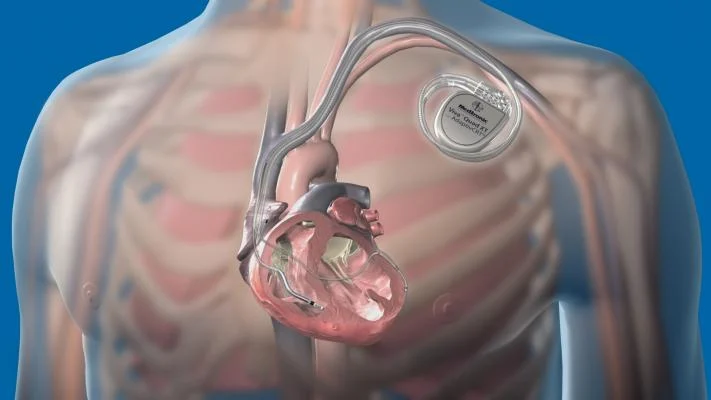Heart failure is a chronic condition in which the heart struggles to pump blood efficiently. This causes inadequate circulation, leading to symptoms like shortness of breath, swelling, and fatigue. Often, these symptoms appear only when the condition has already worsened. Managing heart failure effectively requires early intervention—before symptoms spiral out of control. That’s where new technology like CardioMEMS is transforming the way heart failure is treated.
Introducing the CardioMEMS HF System
CardioMEMS is a miniature, paperclip-sized device implanted in the pulmonary artery. It is designed to monitor changes in pressure inside this artery, which often increase before any outward symptoms of heart failure occur. The device transmits daily pressure readings wirelessly to the medical team, allowing them to detect subtle changes early and respond quickly by adjusting treatment plans.
This implant does not contain batteries or require charging. It works using a specialized external pillow-like reader, which patients use at home to capture and send data. The entire system is designed to help clinicians make proactive decisions, reducing the need for hospital visits and improving long-term outcomes.
Shifting from Reactive to Proactive Care
What makes CardioMEMS truly groundbreaking is its ability to change the traditional approach to heart failure management. In most cases, care is symptom-driven—patients report feeling worse, and then treatment is adjusted. With CardioMEMS, clinicians no longer have to wait for symptoms to appear. Instead, real-time data allows them to notice pressure fluctuations in the pulmonary artery early, even before the patient feels unwell.
This shift from reactive to proactive care can prevent fluid overload, reduce hospital admissions, and improve patient safety. Early interventions, such as changes in diuretics or medication dosages, can be made in response to rising pressure trends, often avoiding a full-blown heart failure crisis.
Empowering Patients with Daily Monitoring
The CardioMEMS system not only supports medical teams but also empowers patients. Each day, patients lie on the external reader for just a few minutes to send the data to their care team. This simple habit offers peace of mind, knowing that their heart condition is being monitored closely.
Over time, patients tend to become more engaged with their care. They begin to understand how daily habits, diet, fluid intake, and medication adherence influence their condition. This daily routine fosters better self-awareness and strengthens communication between patients and healthcare providers.
Proven Benefits from Clinical Trials
The effectiveness of CardioMEMS has been proven through clinical research. One of the most important studies, the CHAMPION trial, showed that patients using the CardioMEMS system had significantly fewer hospitalizations compared to those receiving standard care. The ability to track and respond to pressure changes made a measurable difference in managing heart failure progression.
As a result of these findings, CardioMEMS has gained strong support from cardiologists and is now widely used for patients with advanced heart failure, especially those with a recent history of hospital admissions.
Working Alongside Other Cardiac Devices
CardioMEMS can be used alongside other cardiac devices, creating a more complete management system. Patients who already rely on implantable devices like cardiac resynchronization therapy (CRT), implantable cardioverter defibrillators (ICDs), or cardiac contractility modulation (CCM) benefit even more when CardioMEMS is added.
CRT helps improve the coordination of the heart’s pumping action, ICDs protect against sudden cardiac arrest, and CCM strengthens the heart’s contractions. When paired with CardioMEMS, these treatments are supported by real-time data, enabling healthcare providers to see how the heart is responding and make informed adjustments.
Future of Smart Monitoring in Heart Care
The innovation doesn’t stop with CardioMEMS alone. New wearable technologies and pressure sensor loops are being developed to work together with implanted devices. These additional tools can monitor other critical indicators like heart rate variability, blood oxygen levels, and physical activity. Together, they offer a fuller picture of heart health and enable even more personalized treatment strategies.
This combination of smart devices and continuous monitoring is paving the way for truly individualized care, where heart failure management is tailored to each patient’s changing condition in real time.
Expanding Access to CardioMEMS
Currently, CardioMEMS is recommended mainly for patients with moderate to severe heart failure who have had recent hospitalizations. However, ongoing research and positive real-world outcomes may soon expand its use to a broader population.
As healthcare systems increasingly focus on prevention and value-based care, tools like CardioMEMS will play an essential role. By reducing readmissions, improving quality of life, and lowering overall treatment costs, it aligns perfectly with modern goals in cardiology.
Safe and Simple Implantation
The procedure to implant the CardioMEMS sensor is minimally invasive. It is typically done in a catheterization lab through a vein in the groin and takes less than an hour. Once implanted, the device requires no maintenance or surgical follow-up. Patients usually return to normal activities within a day or two, with no discomfort or restrictions from the device itself.
This simplicity, combined with the profound health benefits, makes CardioMEMS a compelling option for eligible heart failure patients.
Conclusion
CardioMEMS is revolutionizing the way heart failure is monitored and treated. By allowing real-time tracking of pulmonary artery pressure, it enables doctors to take preventive action long before symptoms escalate. When used alongside devices like CRT, ICD, and CCM, CardioMEMS enhances the effectiveness of heart failure treatment and offers better stability for patients. With its proven ability to reduce hospitalizations, improve quality of life, and support proactive care, CardioMEMS stands out as a powerful tool in the modern management of heart failure. As the medical field moves toward smarter, data-driven care, innovations like this are leading the way to a healthier, more empowered future for cardiac patients.

